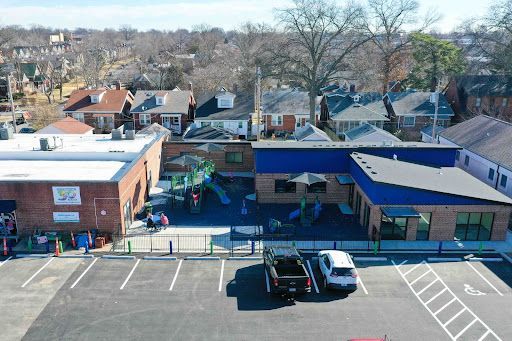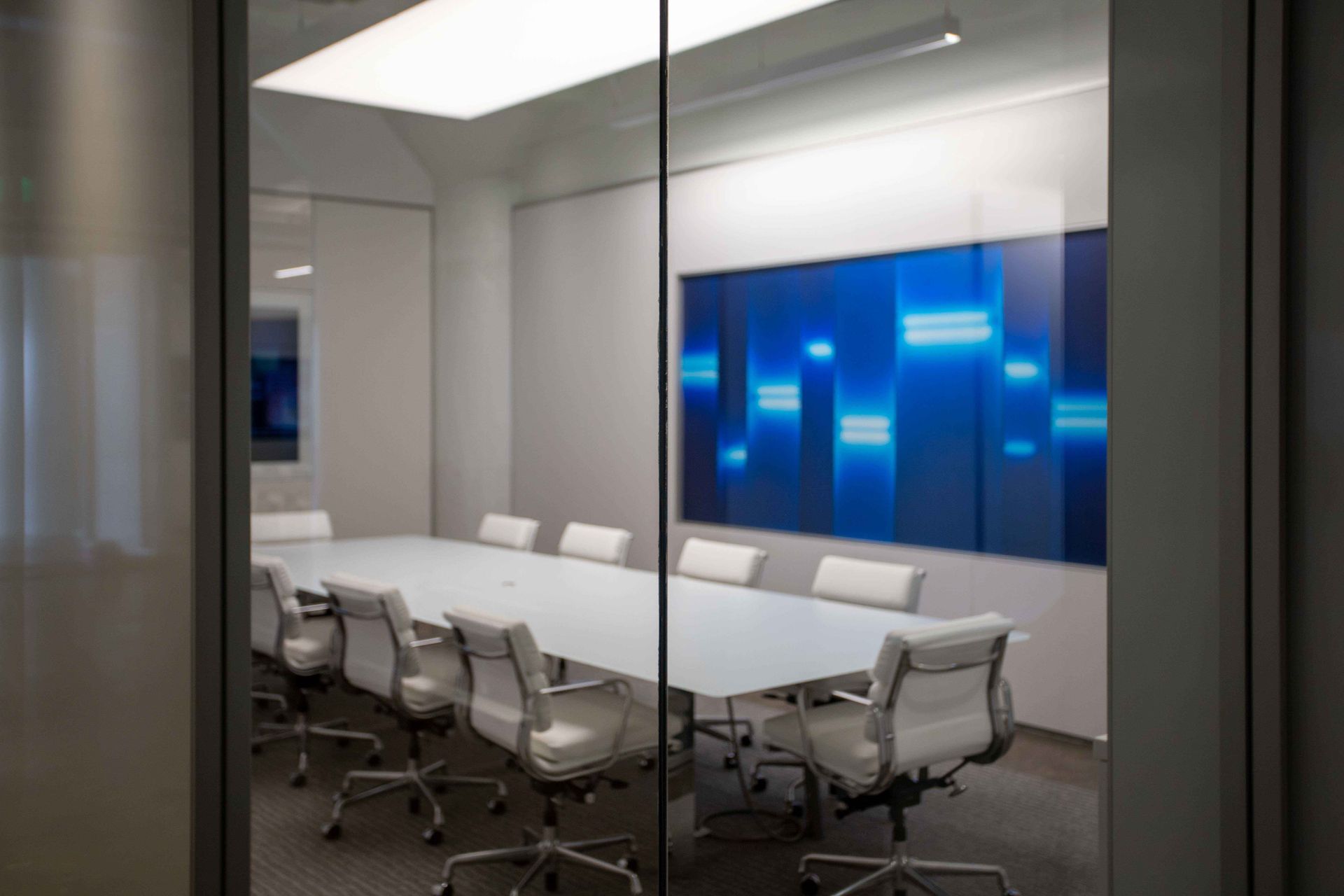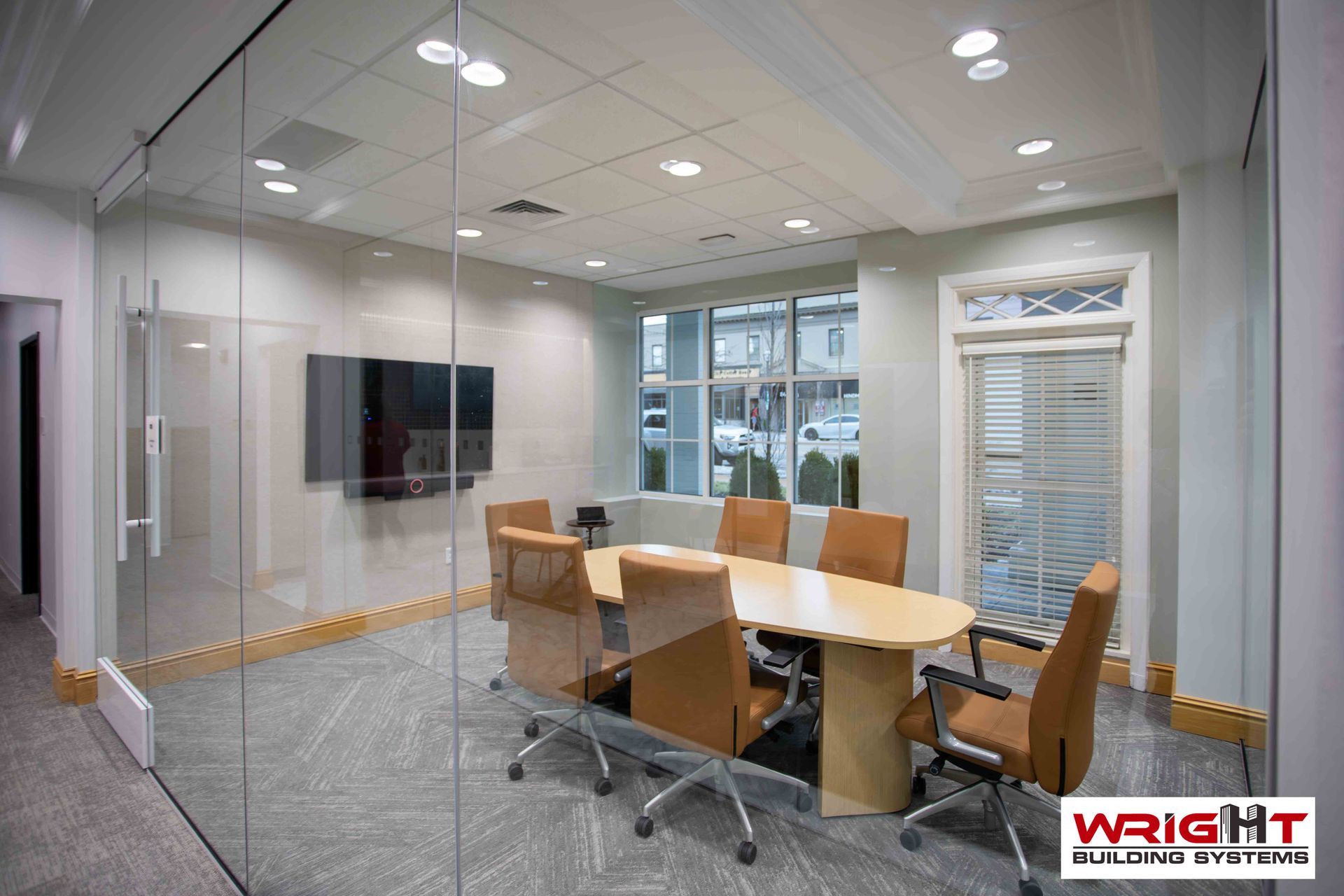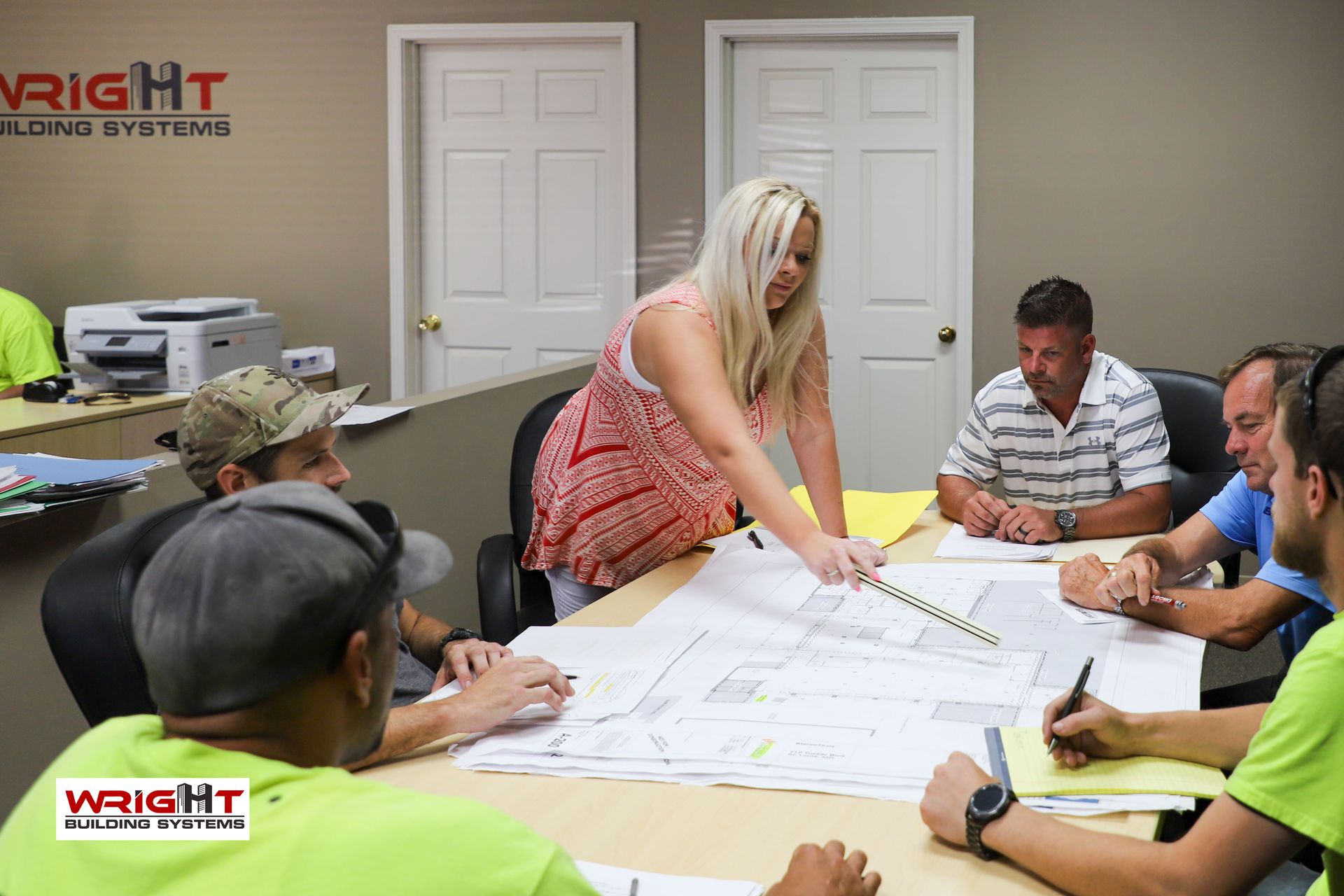5 Reasons to Work With a Local Construction Company

Selecting the ideal construction company for your project is a crucial decision that can significantly impact its success. Numerous factors like experience, work quality, and cost need careful consideration. While often overlooked, the location of the construction company holds significant advantages. This article will explore five compelling reasons to consider working with a local construction company that provides unique benefits tailored to your needs.
In-Depth Building Codes Knowledge
One primary advantage of collaborating with a local construction company is their profound understanding of the local building codes and regulations. Each state and city has its own set of building codes, and partnering with a construction company well-versed in your area's specific regulations is essential. By doing so, you can avoid costly mistakes from working with a company unfamiliar with the local codes. Moreover, a local construction company will likely know about other ongoing and past projects in the vicinity, allowing them to draw references and insights.
Established Relationships
Another significant benefit of opting for a local construction company is its extensive network of relationships with local suppliers and subcontractors. These long-standing associations often result in cost savings, as the construction company can negotiate better prices for materials and labor. Their familiarity with the local market also enables them to recommend cost-effective solutions tailored to the area, maximizing your budget.
Streamlined Communication
Efficient communication plays a vital role in completing projects promptly. Local construction companies excel in this aspect, as their proximity allows for faster response times to any construction-related issues that may arise. With quicker access to the project site, they can promptly address challenges, ensuring minimal construction timeline disruptions. Additionally, a solid local construction company will have a well-established network of resources within the community that they can leverage to facilitate seamless project coordination and efficient completion.
Project Investment
When you work with a local construction company, you benefit from their investment in the success of your project. Being part of the community themselves, these companies often hold strong connections to both the project and the surrounding area. This emotional investment translates into a higher level of commitment and dedication from the construction team, resulting in exceptional work quality and meticulous attention to detail.
Expertise in Materials and Techniques
Furthermore, local construction companies possess expertise in utilizing local building materials and techniques. They comprehensively understand what works and what doesn't in the local climate and environment. This knowledge proves vital, especially in regions like the Midwest, where rapid weather changes during winter necessitate careful consideration. By selecting a local construction company, you can access their recommended materials and techniques tailored to the area, ensuring a more sustainable and durable final product.
In addition to these core advantages, working with a local construction company fosters a stronger sense of community involvement. They are more likely to engage local suppliers and subcontractors, actively supporting the local economy. Their inclination towards community involvement also manifests through participation in local events and initiatives. Furthermore, their familiarity with the current market allows for informed project planning and scheduling, taking advantage of areas experiencing growth and development.
In conclusion, collaborating with a local construction company offers numerous benefits that contribute to the success and fulfillment of your construction project. The advantages are undeniable, from cost savings and efficient project completion to superior work quality and active community involvement. When considering a construction company for your next project, prioritize the advantages of partnering with a local company that possesses extensive knowledge of local building codes and regulations, established relationships with suppliers and subcontractors, and a genuine commitment to the success of your project.
Work With Wright Building Systems
Greater St. Louis business owners trust Wright Building Systems time and again with all of their projects, including commercial renovations, high-security construction, and more. We are committed to safety and delivering finished products that exceed expectations. Our dedicated team has the equipment, technical skills, and perseverance to complete your project. Let's get in touch today!




